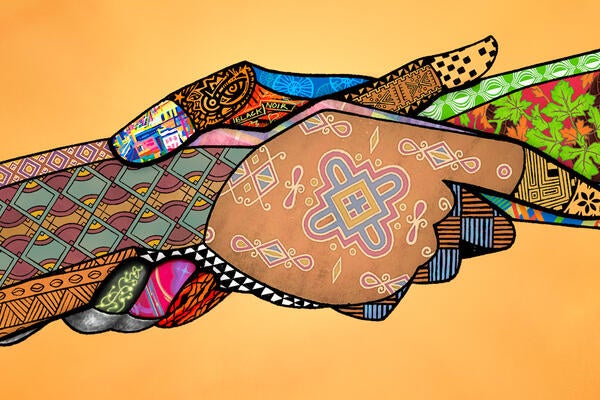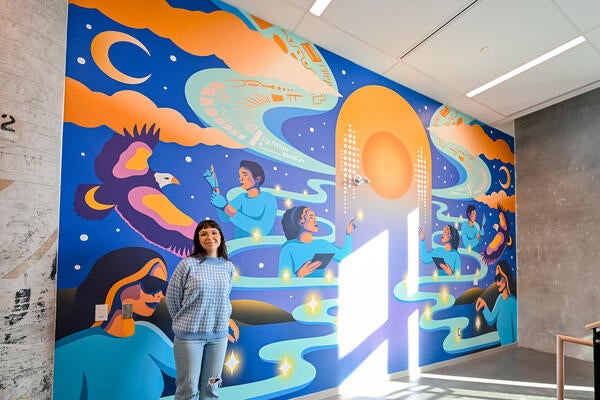
World experts discuss intercountry adoptions at University of Waterloo summit in Stratford
International adoption experts and advocates will attend a special University of Waterloo summit in next week in Stratford

International adoption experts and advocates will attend a special University of Waterloo summit in next week in Stratford
By Media RelationsWATERLOO, Ont. (Thursday, Sept. 16, 2010) - International adoption experts and advocates will attend a special University of Waterloo summit in next week in Stratford to discuss the current and future status of intercountry adoptions, a global phenomenon involving more than 38,000 adoptions annuallly and billions of dollars every year.
The Intercountry Adoption Summit: State of Intercountry Adoption will be held from Thursday, Sept. 23 to Sunday, Sept. 26 at the Arden Park Hotel.
"Even though inter-country adoptions around the world has decreased in the past few years, interest and awareness are on the rise," said summit co-chair Robert Ballard, a University of Waterloo speech communications professor who was born in Vietnam and adopted in the United States at the end of the U.S.-Vietnam War.
"At the summit we will discuss the current and future state of intercountry adoption and offer some new recommendations," Ballard said. "Public discourse surrounding intercountry adoption centres on the need to reduce corruption and human trafficking while maximizing the best interests of children who are abandoned or relinquished."
To address those growing concerns, Waterloo's faculty of arts and the speech communication program organized the special non-governmental summit to bring together the influential countries of origin and receiving countries involved in intercountry adoption to share research, practices and experiences.
The summit will provide a forum for top international researchers in intercountry adoption to share findings and explore ideas. It also will allow representatives from non-governmental organizations to participate in an invitation-only discussion on intercountry adoption. Many of these representatives hold governments accountable or work directly with the children involved in adoption.
On Friday, Sept. 24, at 11:30 a.m. experts will present recommendations on intercountry adoptions that address improvements to the system at the opening public session of the summit to be followed by public presentations of scholars from around the world.
The Hague Convention on the Protection of Children and Co-operation in Respect of Inter-Country Adoption established standards for international adoption practices in 1993 and since then 84 countries, including Canada, have signed it. The agreement calls on participating countries to ensure that the best interests of children are considered with each intercountry adoption and to prevent the abduction, exploitation, sale or trafficking of children.
But the convention is voluntary, meaning that countries agree to sign up and enforce the standards on international adoption practices.
Therefore, the summit will examine intercountry adoption from a global perspective that does not distinguish between those countries that have signed the Hague Convention and those that have not. It will also look at cross-sector and interdisciplinary measures in order to best address intercountry adoption in the future.
The event will produce one volume with an updated overview of the literature in the disciplinary areas conducting research on intercountry adoption.
For further information, go to adoptionsummit.uwaterloo.ca.

Read more
A message from the President and Vice-Chancellor

Read more
Sport and Recreation Management student Diane Choi embarks on co-op term with the Canadian Olympic Committee

Read more
Many Hearts, One Mind by Indigenous artist Alanah Jewell celebrates the act of creation shared by the Land and innovators in our community
The University of Waterloo acknowledges that much of our work takes place on the traditional territory of the Neutral, Anishinaabeg, and Haudenosaunee peoples. Our main campus is situated on the Haldimand Tract, the land granted to the Six Nations that includes six miles on each side of the Grand River. Our active work toward reconciliation takes place across our campuses through research, learning, teaching, and community building, and is co-ordinated within the Office of Indigenous Relations.